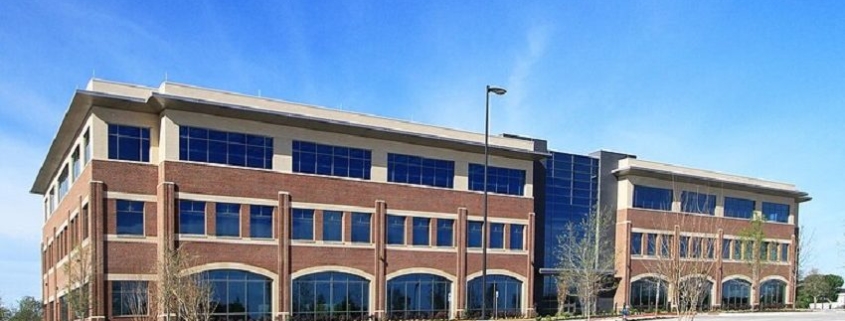Plano Medical Building Goes To Tennessee Investor
A medical real estate investment firm has purchased a new Plano medical office building
The Plano Medical Pavilion is near Preston Road and Bush Turnpike across the street from Baylor Scott & White Heart Hospital Plano.
Heady Investments developed the 3-story, 20,000-square-foot building on Alliance Boulevard which was fully leased to U.S. Surgical Partners.
Tennessee-based Healthcare Realty Trust purchased the building. The real estate investment trust owns more than 2.4 million square feet of properties in North Texas, its top market.
“There were many, many buyers diligently pursuing the acquisition of this asset,” developer Randy Heady said.
Evan Kovac with JLL brokered the sale.
Source: Dallas News






